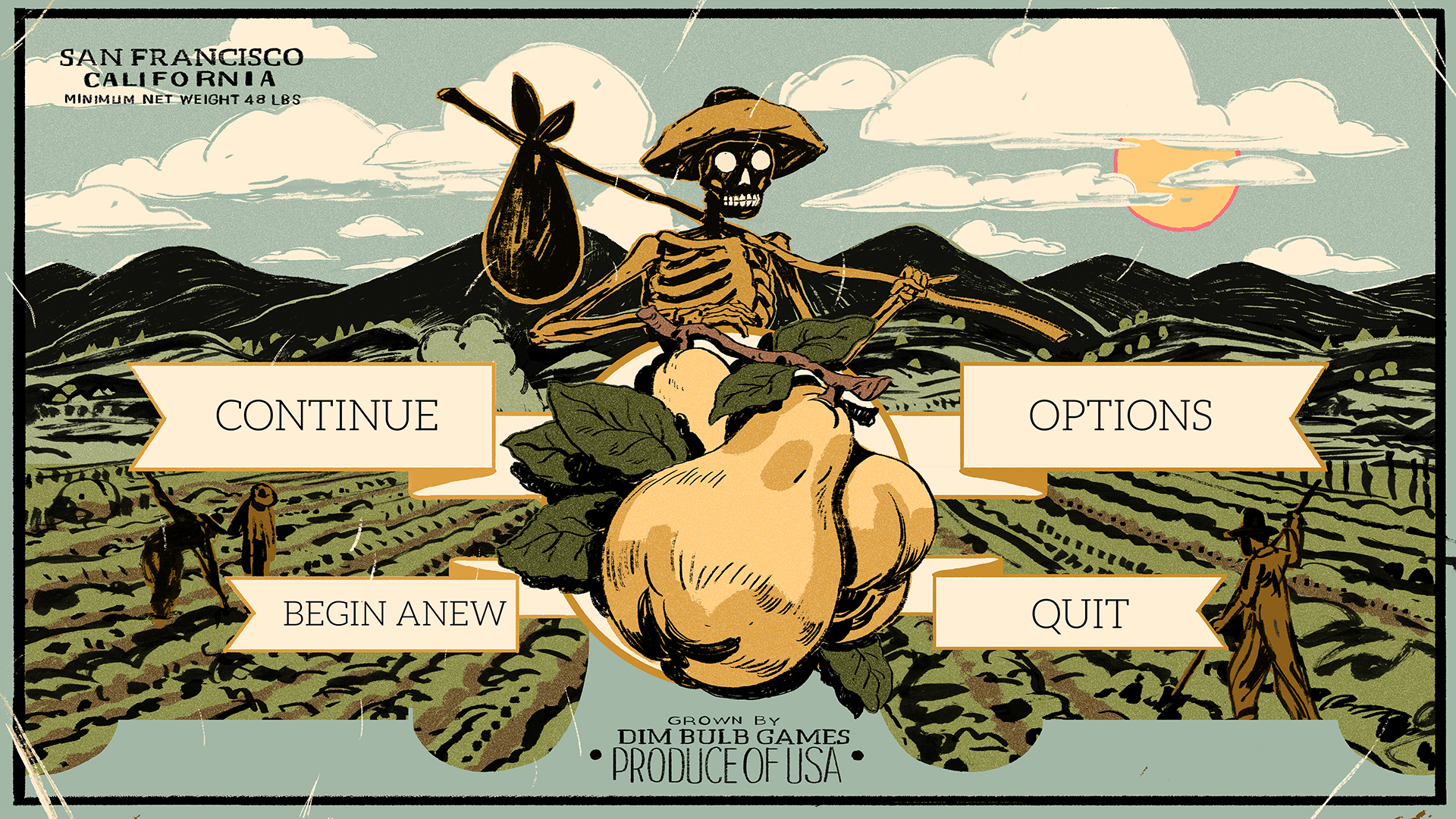
Games You Can (Never) Get 100% of Achievements
The Unachievable
Achievements in games are for many the fun factor. Being able to solve special challenges and own the trophies to show off. However, games have since evolved from their early life at the arcade. With the advent of accessible game engines, it’s been easier than ever to enjoy games from rising developers to contemporary artists. Many creators aren’t interested in flashy trophies, they want to engage the full range of experiences from the many genre-spanning ideas of existence and human emotions that other mediums like books and film explore. I would even argue games as an interactive intimate medium is still fleshing out their full potential as a craft.
A Need For Achieve

Whether it’s unlocking a rare item or leveling up it’s to give players the feeling of achievement, that their effort and time spent has returned a reward. However, these achievements massively vary in functionality. Some like leveling will improve statistics and open opportunities for more interaction with gameplay while others are more vanity. Skins, badges, and trophies are to be shown off to other players as a form of self-expression.
For me, a milestone reward is like a smoke break, a hit of nicotine for busy days, and a personal haven when the meds aren’t holding up. I have no doubt some people share my sentiment as many others differ dramatically. I’ve made my peace with reward loops in games, I don’t struggle with balancing games and life and I don’t disappoint myself with resources invested, mostly.
To be honest, I use achievements to stall my boredom when other projects or tasks are not currently satisfying. I still struggle to find a meaningful purpose for their existence. People can use them as performance trophies or as a way to validate their time spent. At the bare minimum, I see their value as entertainment. I don’t have any reason to discourage someone from a task they enjoy and I’m too far into it to poke criticism at any participants.
Beyond Meaning?
What’s the value of achievements then? Are they nothing more than an elaborate dopamine hit? Their difficulty is arbitrarily determined by whatever the creators decide.

There are ways that achievements are effective for developers, however. If creators place achievements at specific milestones it’s a possible way to create a record of where portions of players have accessed the game. If it sounds familiar you may be initiated with other terms like user data or market research. One interpretation is to see it as user data only wired into another product. For more business-savvy developers they can even use achievements to boost player engagement and keep the completion bar dangling and maintain their place in player count and online traffic.

At the risk of rocking the boat, there is no material value to video game achievements, and they in themselves request ample amounts of time for no material gain. The value of an achievement is given by people.
Where the Water Tastes Like Wine

Where the Water Tastes Like Wine is a game about wandering America of the Great Depression. Part of its public debut was, to the creators’ surprise, upset over a final achievement which was intentionally impossible to accomplish called “Where the Water Tastes Like Wine”. It’s a play on “The Promised Land” mythos and the motif of the game which jabs America “The land of Dreams” as leaving so many of the inhabitants unsatisfied and disenfranchised. The result has the achievement begrudgingly added back in by enacting console platform policies or by PC players cheating. In a tweet thread by creator Johnnemann Nordhagen, he describes how players that have the achievement are “dully satisfied” whereas those still wandering endlessly are the “damned and most human” leaving the Nintendo Switch players “In God’s Light” having no achievements to pursue.
Steam players see the achievement, but cannot obtain it. They are the most damned, and the most human. Playstation and Xbox players can 100% the game and are dully content. Switch players don’t have achievements, and thus dwell in God’s light
— Johnnemann ???? (@johnnemann) July 22, 2021
Unpopular to the critics of Where the Water Tastes Like Wine’s impossible achievement tease the possibilities of how seemingly trivial afterthought experiences. One of the games that fully engage this is the well-favored Pony Island. Without spoiling it Pony Island takes advantage of steam and windows systems to fake out the player as they face a trickster villain. For an audience of varying reading comprehension or simply lacking interest, it’s very possible for creators to use wall-breaking features like this to hit them over the head with a folding chair labeled “The Theme”. How an audience will respond will vary with execution. Perhaps such an opportunity was available with Where the Water Tastes Like Wine. Originally Johnnemann intended it as a small bookend that nodded to the impossibility in the motif. When forced to implement some possibility of the achievement due to backlash and Xbox policy maybe he could have located it somewhere outside of America or in some unexpected region or encounter that harkens the theme of building paradise through goodwill and relationships. Maybe the achievement could be found in an ocean of toxic waste to spite trophy players. Crude but perhaps some negative feedback could also be intentionally and integral to the theme.
Achievements exist in a strange grey area. They are required based on different platform policies but also left to the creator’s discretion. They operate outside of the game in no way are necessary for a video game to function yet they are for many an expected feature that affects their interest in pursuing gameplay. I imagine creators and players will be pondering their meaning for the foreseeable future.
If I’ve kept you interested you might like our other Editorials here at Dread XP


